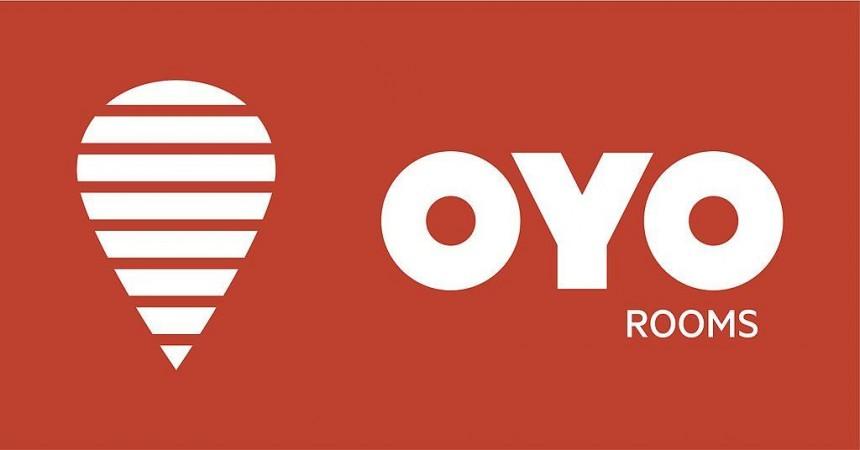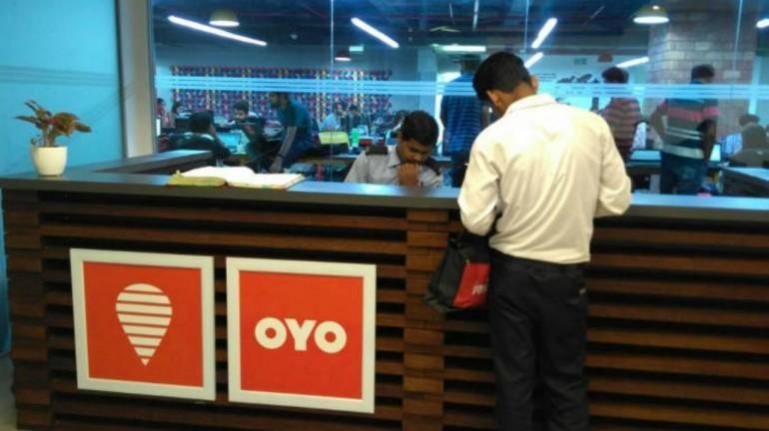Hospitality and F&B industries have been the worst hit by the Covid-19 crisis. The Softbank-backed startup, Oyo has terminated minimum business guarantee (MBG) agreements with hotel partners, a fixed amount payable to property owners on a monthly basis that was earlier agreed upon. The earlier contracts have been nullified and instead will be replaced with new contracts on a revenue-sharing basis, according to anonymous sources aware of the internal developments.
As revenues of the hotel and hospitality industry take a huge blow due to continued nationwide lockdown, the hospitality unicorn Oyo has suspended contracts with more than 250 hotel owners across India. It is also looking at renegotiating fixed payment agreements with these hotel owners.

Townhouse hotels with Oyo launched in 2017, positioned itself as a "mid-market boutique hotel brand" operating on a franchise format in 19 cities, co-owned by 250 hotel owners.
Until the Covid-19 pandemic struck, the Townhouse premium properties of Oyo with high occupancy rates brought in almost 15% of monthly revenue for the hotel brand.
However, now with revenues taking a hit, Oyo nullifies minimum business guarantee (MBG) agreements with hotel partners. They have stopped receiving monthly fixed payouts from March and left stranded nowhere.
How did the MBG contracts work earlier?
According to the terms of the earlier agreement, Oyo had agreed to source regular bookings and take care of online promotions of the Townhouse property. However, with Oyo now suspending fixed payments, the Townhouse property owners are left with little to no choice - either to take the legal recourse or agree with the terms and conditions of the new contract on a revenue-sharing basis.
Typically, how the MBG contracts work is - Oyo enters into an agreement with Townhouse property owners with a lock-in period of 2 to 3 years, wherein Oyo takes over the property for management and renovation during the entire period.

The only reason why Townhouse property owners agreed for MBG contracts with OYO is that the fixed payout deal seemed much more lucrative and attractive than other alternative arrangements available in the market.
Covid-19 impact on Oyo revenues: Can it invoke force majeure?
The Covid-19 impact has forced companies to invoke a force majeure and look into relevant sections of the contracts to move into a more sustainable model of operations for the future.
Since most Townhouse property owners are not in a position to move court proceedings and pursue litigation at this point in time, they are looking at either selling off their properties or approaching other online hotel aggregators and managed rental platforms.
According to a legal source, business slowdown arising on the pretext of a pandemic does not meet the conditions of a force majeure event. Oyo on its part, trying to unilaterally renegotiate a contract by sending out emails to its property owners, during these crisis times is illegal under contractual law, as the consent that one party gives to another which is a part of the earlier agreement is protected from undue influence, pressure and fraudulent practices.
So Oyo in this instance, cannot pressurize its more than 250 Townhouse property owners to agree and enter into a new contract, just on the basis of Oyo's decision and plans for survival.









!['Had denied Housefull franchise as they wanted me to wear a bikini': Tia Bajpai on turning down bold scripts [Exclusive]](https://data1.ibtimes.co.in/en/full/806605/had-denied-housefull-franchise-they-wanted-me-wear-bikini-tia-bajpai-turning-down-bold.png?w=220&h=138)



